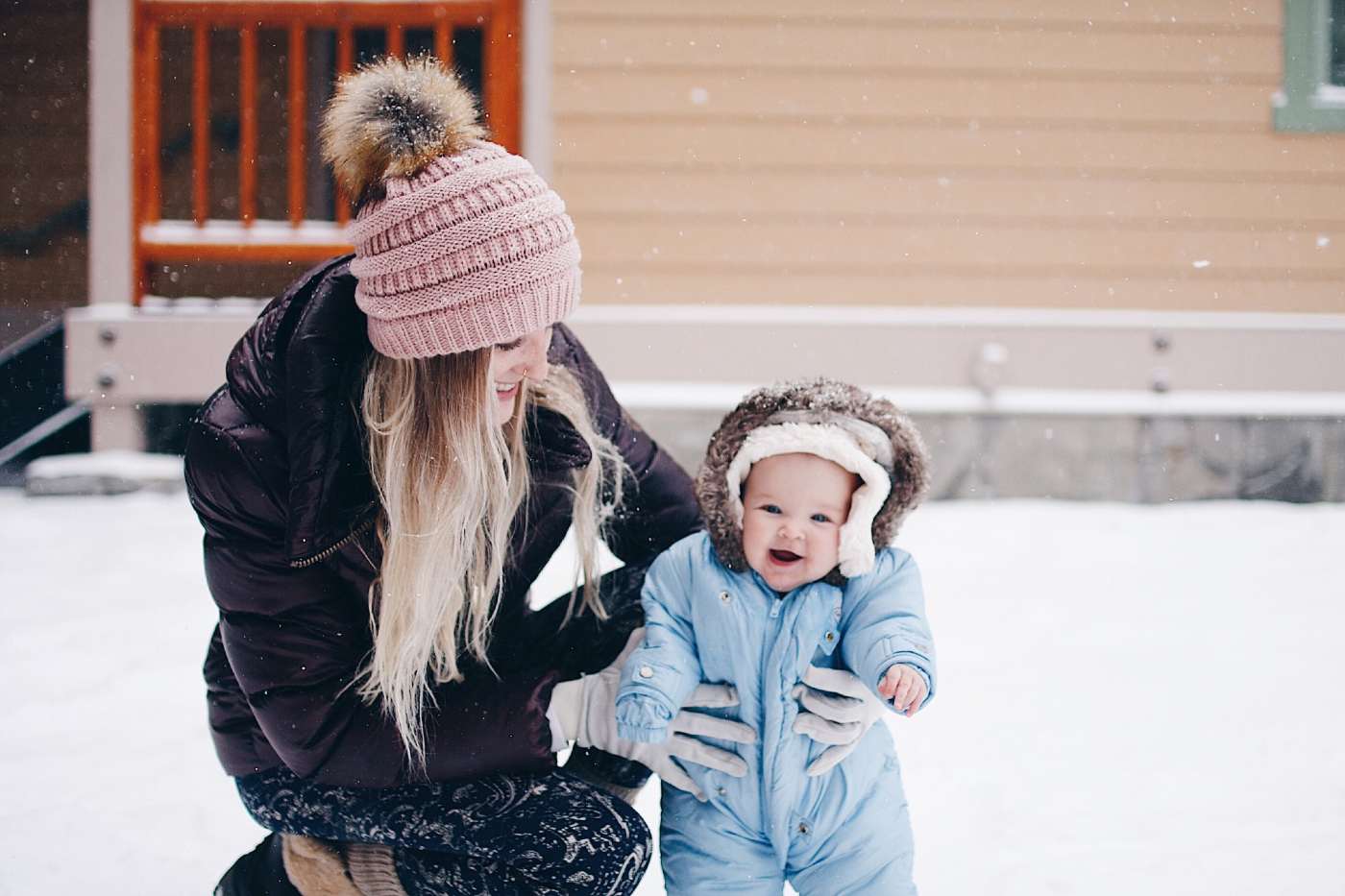Most families can enjoy the cold weather and get out of the house. You don’t have to stay at home in cold temperatures. But, you must take precautions before leaving the house, especially if your children are with you. As winter approaches, the temperatures will fall and become very cold. The change in season is welcome by many, but it also presents health risks to children.
The cold weather will continue until February, whether we like it or not. We must also take precautions in order to stay warm during winter, just as we do when we are trying to avoid the cold weather of summer.
1. Remain Warm
It may seem obvious, but staying warm is important. It is important to choose the right clothing and accessories that will keep your children and you warm while participating in fun activities. Children should be dressed in a warm, waterproof jacket with hats and scarves. Children lose heat more quickly than adults. Ensure that your child takes indoor breaks every 30-40 minutes.
2. How to dress your children in winter:
Parents of babies and toddlers should:
Adjust winter clothing according to the needs of children: Give babies and toddlers one extra layer as what adults would wear under the same conditions.
Limit exposure to cold: Children and infants have a lower tolerance for cold than adults. Spend less time outdoors with the child
Wear winter accessories. Warm boots, scarves or gloves, and hats are essential for the safety of children and babies. Even though socks are worn, the floor is still very cold. It is best to keep shoes at home for your children.
Frostnip, Frostbite and Children: They are more susceptible to them. Be sure to wear gloves that are warm and dry. The nose shouldn’t be too red. Children should dress appropriately and spend as little time outside of the home as possible.
3. How to avoid influenza and cold in winter:
Cold weather does not cause colds. The flu is mostly caused by viruses.
It is more likely that the virus will spread in schools and when children are close to each other, most commonly through respiratory droplets or arms. FLU is associated with respiratory disease. Follow all precautions when getting a flu shot, especially for children.
Follow these steps to prevent colds and flu in children:
Wash your hands with soap and water. This reduces the spread germs. Regularly wash your hands after coughing or sneezing. Also, before eating, you should do so.
Advise child to cover their mouth. Sneezing and coughing on bent elbows can also help prevent the spread germs.
Up To date Immunization: Always update your vaccine, including flu vaccines (for children over six months).
4. remain your youngster hydrated
You can easily forget fluids if you are playing in cold, dry air. Dehydration can occur even if you do not sweat. Encourage your children to drink plenty of water during, before and after play. In cold temperatures, children are at greater risk of dehydration than adults. Warm fluids such as warm water, turmeric (haldi), milk, coffee and tea are good for a child.
5. Apply Sunscreen
Even though it might seem strange to wear sunscreen indoors, it is important. Snowflakes can reflect the sun on your face. Use sunscreen to cover your face and a lip balm that contains sunscreen for your lips.
6. Advances Healthy Nourishment
Make sure your child is eating healthy foods. Include in your child’s diet all the essential vitamins, minerals, and antioxidants that are necessary to strengthen the body’s defense mechanisms. Oranges, tomatoes and melons are high in vitamin C. Also, green leafy vegetables and papayas, as well as foods rich in water, such as broccoli, cauliflower and mint, can be given to your child. Breakfast can be enriched with nutritious dried fruits such as cashews and almonds. To improve immunity, honey should be consumed by children every night. To keep warm, eat a snack before a cold.
7. Urge Kids To consistently Work-out
Regular exercise is a practical and proven way to protect the child from illnesses and colds. Tell them that regular exercise will make them feel more energetic during the cold winter months. Encourage him to do what he enjoys, such as running, jogging or cycling.
8. Enjoy the Park with Your Children
Take your child to a nearby park on sunny winter days so they can feel warm. Encourage them to play outside and ride their bikes with friends. You can also do races with them to boost their energy.
9. Urge Child to Play Indoors:.
It’s best to keep your children indoors on a windy, cold day. Occasionally, the cold weather prevents children from going outside to play. Encourage them to play indoors with their friends during winter days. Instead of forcing children to sit in front the television all day, give them board games, crafts and puzzles.
Children at home reading books and drinking tea/coffee. It is a wonderful feeling to enjoy the nice weather, but only when you and your kids are healthy.
10. You can sleep better by following a routine
The immune system of your child can be severely affected by sleep deprivation. In winter, ensure that your child gets enough sleep to last 8 hours. You can also create a routine that your child will follow, every day, no matter if it is school or holiday. It is important to do this because children can become lazy in the winter or wake up late during holidays. This will affect their sleep habits on school days. Take them to the park in the morning to warm up or jog.
Conclusion:
Winter can be a lot of fun for your children, especially if you spend the time in a productive and healthy way. Change the dull winter days to a fun time where your child can explore nature.
Encourage your child to participate in a wide range of indoor and outdoor fun activities. Follow all of the tips above to keep your child healthy and active during the winter.










